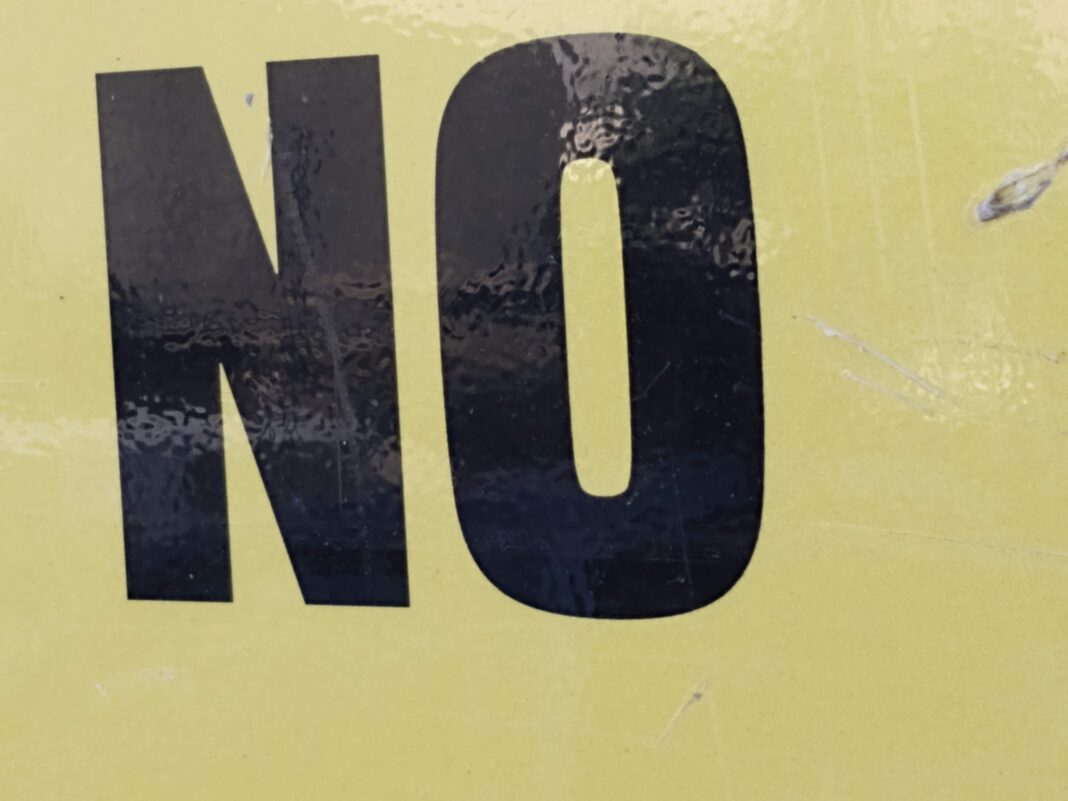UNITED STATES—“My roots are deep in this black soil. In the desert of injustice, I thirst for water, mister. Your gold doesn’t do anything for me.”
“But you can take it to the city, and trade it.”
“I get everything I need out of the good Earth. My corn crop, my frijoles and string beans. Hell yeah. Alonzo Cienfuegos and Luján want to sell they can go right ahead, it’s their prerogative. It’s theirs, they can do what they want with it. Me? What the devil! I refuse even if you pile on flowers and tons of sugary words.”
“Camilo Sosa,” broke in Villalpando, the lawyer, with some affectionate pats on the back. “You weren’t born yesterday. Cut out the sentimentalism and baloney—You’re a big boy now. This is a very beneficial offer for you. Look. I’ve got you back. I’ve been looking after you for a long time.”
Villalpando was sweating profusely. His porcine eyes seemed small and pink in his soft pale plump face. “You know I wont steer you wrong. Accept the Company’s deal. It’s a fair price. And you will certainly walk away with enough to live the rest of your days in peace. You will never have to work another day in your life.”
“You cannot take me from my land.”
“If you have separation anxiety about the land, look here in the valley and find yourself a little plot.”
“You burn in hell,” Camilo said. “You know that the Company has all the land. You know that they have gobbled it all up. You might as well tell me to go north.”
“Get yourself a little farm on the other side of the valley,” said the lawyer, Villalpando, almost purring.
“You’re the vendepatrias,” Camilo spat out. “You make me sick. You’re a traffic cop who collects from everybody who passes by and live off their misery.”
And he became asphyxiated, something rose up in Camilo’s chest and he had to go out in the yarda.
From the long porch, under the churning paddles of ceiling fans, yonder he glimpsed the Central. A collection of bungalows and offices spread out over a wide pasture planted with grama, laurels and palm trees. The green intensity contrasted with the battleship gray of the Quonset hut and the bright red of the zinc roof. The buildings were clean and beautiful, clean to the point of sterility. The floors were gleaming and waxed. The unavoidable vibe was one of elegant relaxation, a life of ease and youth and placid beauty. The trellises teeming with bougainvillias, of intense orange tissue blossoms and deep purple that screamed to the sun, the walkways and gentle steps.
All these houses displayed a taste and comfort. Their shutters were painted bright tender colors you’d see in a Caribbean fishing village. Here were the offices that the Company used. From here they exploited the banana plantations in the wide and riotously fertile Chamelecón Valley. Beyond, wondrous vistas. The luxurious, roomy offices of the gringo executives and the native higher-ups. Located on higher ground in the prodigious valley, framed above by a strip of tender blue sky.
“You want me to accept your offer of matrimony with the gold, that’s it, mister.”
“Then we’ll be engaged if you accept my offer.”
“I say in cage. You’re offering a bright gold-plated birdcage and below is the base metal.”
Sticking to their plans and not giving in to the heat or desuetude they reached La Central. Not seated there, in the swamp-cooler paradise, like sounds of waterfalls, after meeting Mr. Nash they realized the hopelessness of their position within El Pulpo’s headquarters. They were in the prime of life and had no weapons at their disposal and were outgunned. The booming voice pierced his ear. Bedoya, waiting for the ballast train.
“What’s up, amigo. In the hopes that a freight train pass by, y’know,” he was talking just to be talking. In this moment he didn’t have an inkling. To Camilo that face seemed familiar. He’d spotted him more than once in some of the banana camps, when he joined in the fiestas with the gringos, but never met him or knew his name. That the fellow knew his name wasn’t out of the ordinary, though, a lot of the camp people knew who Bedoya was. A sort of fixer.
“Even if the gravel train passes by, it’s no use,” the man declared. “It is forbidden to board them. The ‘guachimanes’ will push us off the train with two roundhouse punches…How far ya goin?”
“Can’t say…Hmm, friend…” he was evasive and embarrassed.
To be continued…
Graydon Miller is the Wizard of Fiction. His new story collection “Watsonville Stories” can be browsed at amazon.com.






